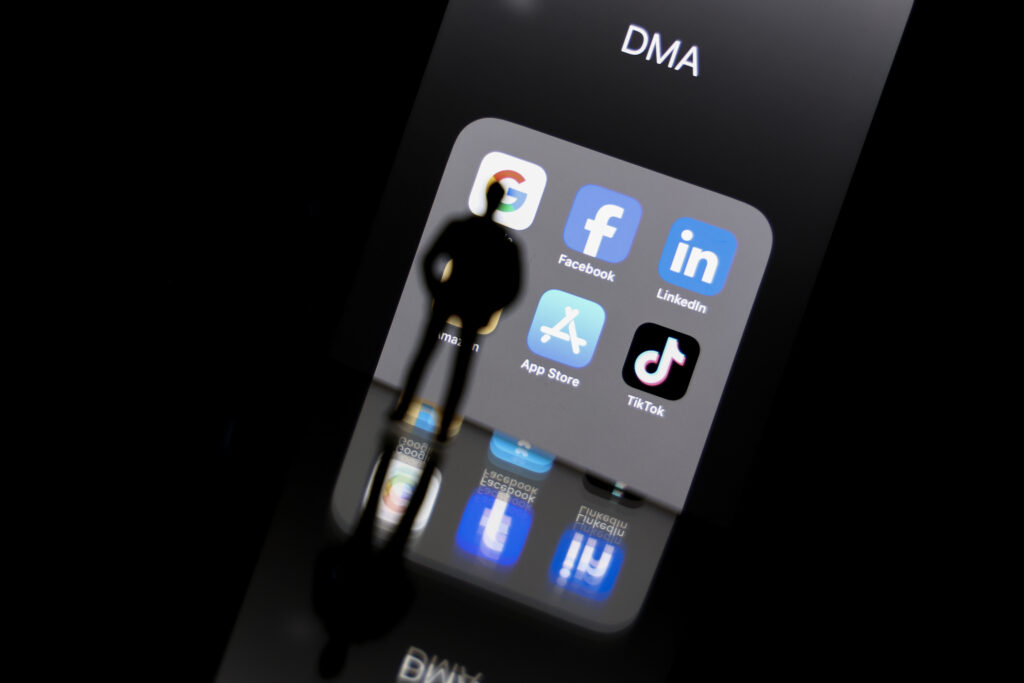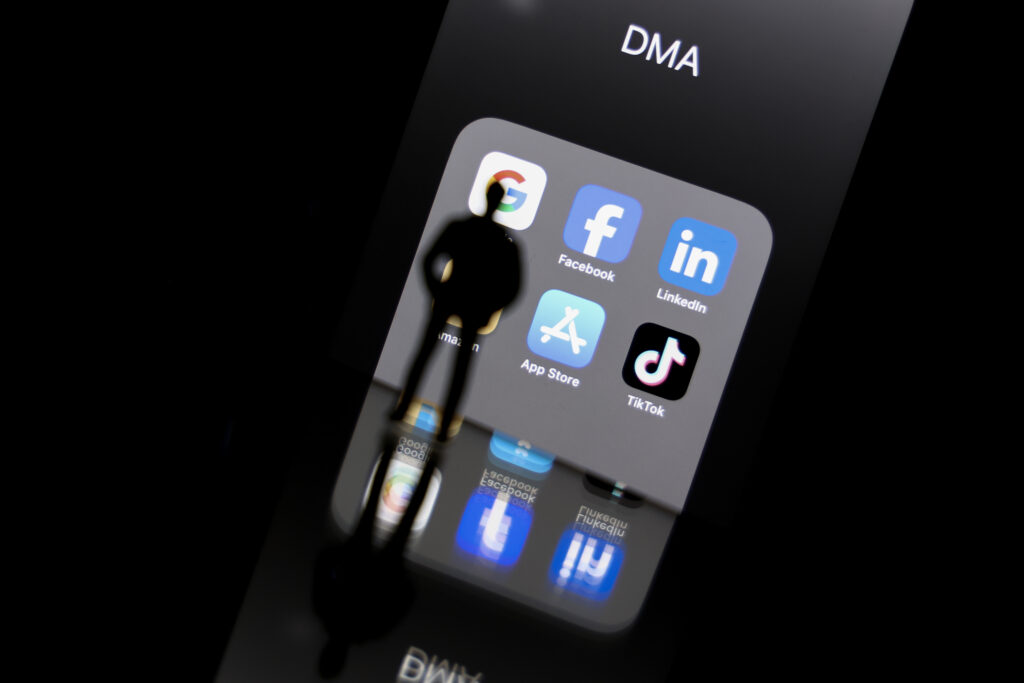Le fils du cinéaste Rob Reiner inculpé pour l’assassinat de ses parents
Le fils du cinéaste américain Rob Reiner a été inculpé pour l’assassinat de ses parents retrouvés morts dimanche dans leur luxueux domicile de Los Angeles, a annoncé mardi le procureur de la ville, Nathan Hochman.Nick Reiner, 32 ans, qui a des antécédents d’addictions remontant à l’adolescence, risque la peine de mort s’il est reconnu coupable, a souligné M. Hochman, précisant dans un communiqué avoir procédé à l’inculpation mardi.Celle-ci porte sur “deux chefs de meurtre au premier degré”, la plus haute qualification, équivalant à celle d’assassinat (meurtre avec préméditation), avait-il détaillé plus tôt.Le fait que les meurtres sont “multiples” pèse comme une circonstance aggravante, selon le magistrat.”Il fait également l’objet d’une accusation particulière pour avoir personnellement utilisé une arme dangereuse et mortelle, à savoir un couteau. Ces chefs sont passibles d’une peine maximale d’emprisonnement à perpétuité sans possibilité de libération conditionnelle, ou de la peine de mort”, a indiqué le procureur.Rob Reiner, auteur entre autres du film “Quand Harry rencontre Sally”, a été découvert mort dimanche au côté de son épouse, la photographe Michele Singer, dans leur maison de Brentwood, un quartier huppé de la métropole californienne.Leur fils a été interpellé dans la soirée de dimanche et placé en détention.L’inculpation lui sera formellement notifiée dès qu’il sera en état de comparaître pour ce double meurtre, dont le mobile reste à ce stade inconnu. Il a été déclaré médicalement inapte à comparaître mardi.”Chaque détenu doit obtenir une autorisation médicale avant de pouvoir être transféré”, a expliqué à la presse son avocat, Alan Jackson. “Les services du shérif évalueront la situation au jour le jour.”Selon les médias américain, Rob Reiner, 78 ans, et son épouse de 68 ans ont été poignardés à plusieurs reprises.La veille des meurtres, Nick Reiner avait perturbé une fête de fin d’année où il était invité avec ses parents, selon NBC News.- Violente dispute -Nick Reiner y “a mis mal à l’aise les autres invités” en raison de son comportement. “Les parents de Reiner étaient bouleversés et gênés par le comportement de leur fils et s’inquiétaient pour sa santé”, a rapporté un témoin cité par NBC News.Selon le New York Times, “Rob et Nick Reiner se sont disputés violemment”.Nick, un des trois enfants du couple (Rob Reiner avait un autre enfant issu d’un premier mariage), vivait de façon intermittente chez ses parents. Il évoquait ouvertement son expérience en matière de traitement de la toxicomanie, qu’il avait contractée à l’âge de 15 ans.Dans un podcast, il affirmait avoir suivi 18 cures de désintoxication durant son adolescence.Nick Reiner racontait aussi des anecdotes sur son comportement instable. Une fois, a-t-il raconté en 2018 dans un autre podcast, après avoir passé des jours sans dormir sous l’effet de la cocaïne, il s’était mis à “frapper tout ce qui lui tombait sous la main” chez ses parents. Il s’est aussi parfois retrouvé à la rue ou dans des refuges.C’est en s’inspirant de sa propre expérience qu’il avait coécrit un film réalisé par son père, “Being Charlie” (2015), qui raconte le difficile rétablissement d’un fils de célébrités ravagé par les drogues.Cinéaste éclectique et citoyen engagé, Rob Reiner a eu une longue carrière à Hollywood, comme acteur et réalisateur.De la comédie romantique – “Quand Harry rencontre Sally” – au thriller terrifiant – “Misery”, adapté d’un roman de Stephen King – en passant par le récit initiatique – “Stand by me” qui a révélé River Phoenix -, Rob Reiner a essayé tous les genres, souvent avec succès.En marge de ses activités à Hollywood, Rob Reiner était un militant de gauche, proche des démocrates. Il défendait le droit au mariage pour tous et était un critique virulent du gouvernement de Donald Trump.Lundi, le président américain a attribué le meurtre du cinéaste à son anti-trumpisme “enragé”, un message qui a outré jusque dans le camp conservateur.






